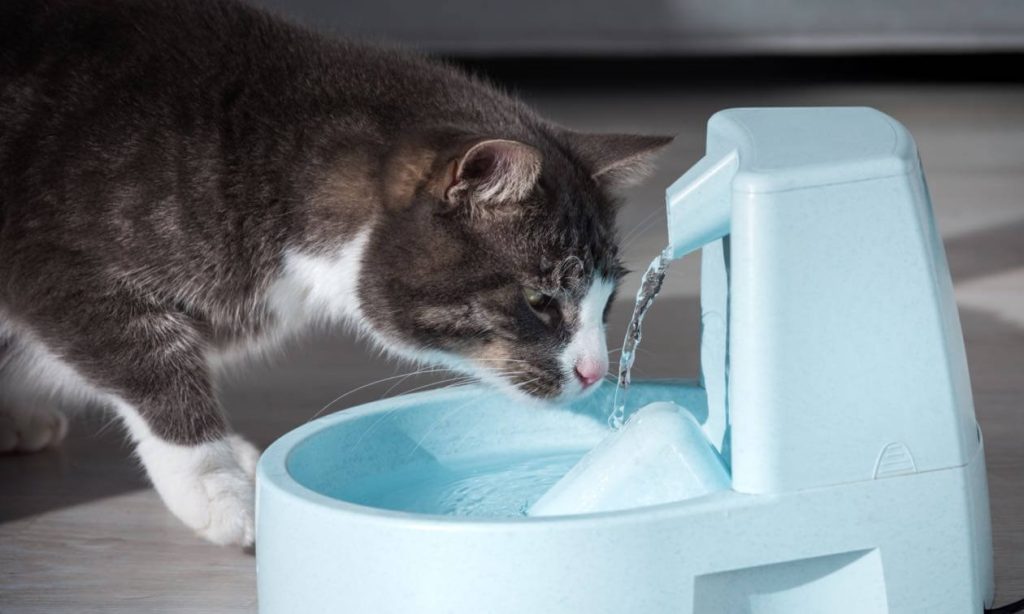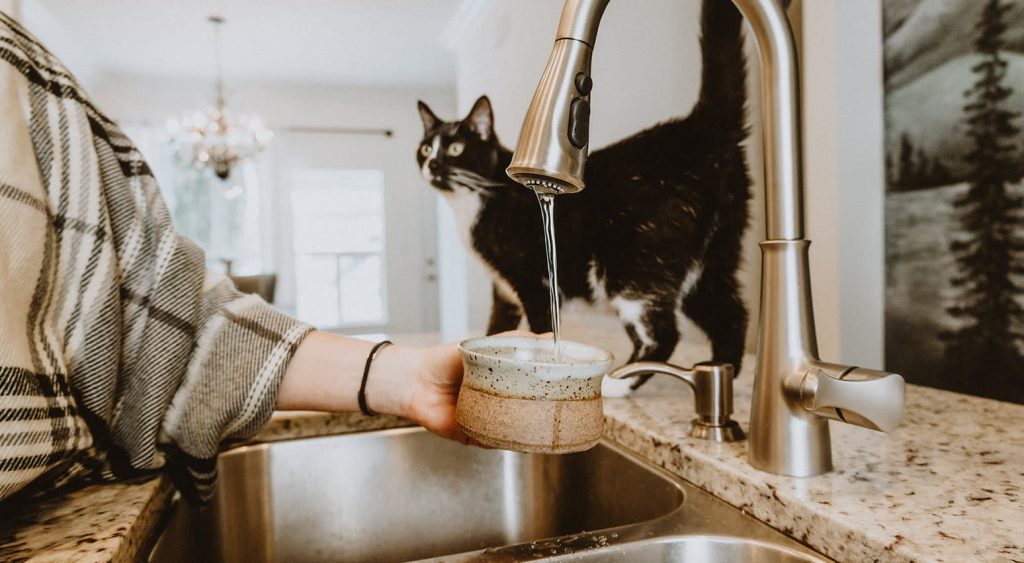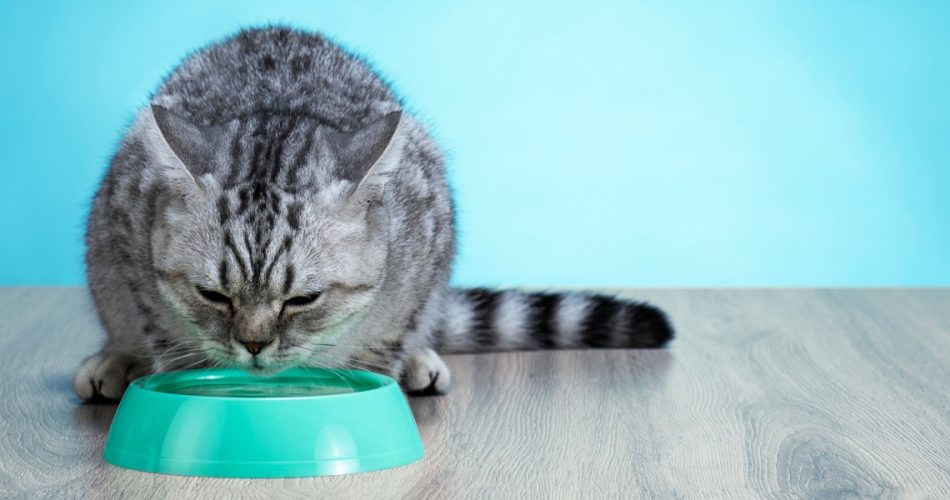Water is an essential nutrient for cats, playing a critical role in their overall health and well-being. Proper hydration supports vital bodily functions, including digestion, circulation, and temperature regulation. Ensuring your cat gets adequate water intake is crucial for maintaining optimal health and preventing potential health issues.

The Importance of Hydration for Cats
Cats have a low thirst drive compared to other animals, which can make it challenging to ensure they drink enough water. In the wild, cats obtain most of their hydration from their prey, which consists of about 70-80% water. Domestic cats, especially those on a dry food diet, may not receive sufficient hydration from their meals alone, increasing the risk of dehydration.
Signs of Dehydration in Cats
Recognizing the signs of dehydration is crucial for cat owners to address the issue promptly. Common symptoms include lethargy and weakness, dry or sticky gums, sunken eyes, loss of skin elasticity, decreased appetite, and panting or rapid breathing. If you notice any of these signs, it’s essential to encourage your cat to drink more water and consult a veterinarian if symptoms persist.
How Much Water Does a Cat Need?
The amount of water a cat needs depends on several factors, including age, weight, diet, and activity level. On average, cats require about 3.5 to 4.5 ounces of water per 5 pounds of body weight per day. Cats that consume primarily dry food require more water intake compared to those on wet food diets, which naturally contain higher moisture content.

Encouraging Proper Hydration
To ensure your cat stays well-hydrated, consider providing fresh water in multiple locations around the house. Using a water fountain can encourage drinking, as many cats prefer running water. Incorporating wet food into your cat’s diet can significantly increase their water intake. Adding water to dry food is another effective way to improve hydration. Flavoring the water with a small amount of tuna juice or low-sodium chicken broth can entice cats to drink more.
Health Risks Associated with Dehydration
Chronic dehydration can lead to severe health issues, including urinary tract infections, kidney disease, and bladder stones. Ensuring your cat receives adequate hydration can help prevent these conditions and support overall kidney and urinary health.
Conclusion
Proper hydration is vital to your cat’s health and well-being. Monitoring their water intake and taking proactive steps to encourage hydration can prevent dehydration-related health issues. By offering fresh water, incorporating wet food, and using water fountains, you can help your feline friend stay healthy and hydrated for years to come.
